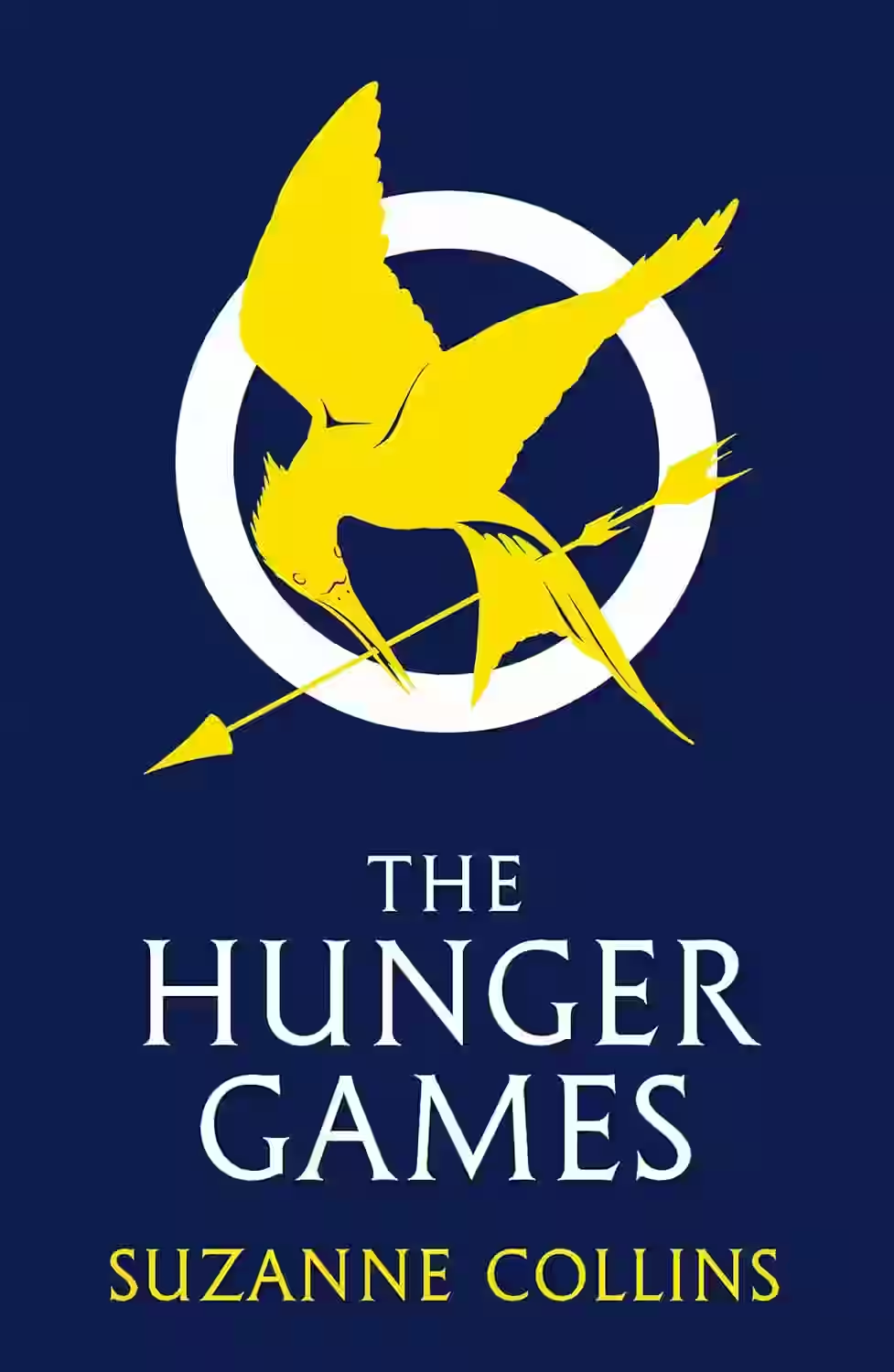
Suzanne Collins' 'The Hunger Games' is a gripping dystopian novel set in a post-apocalyptic world where children fight to the death in a televised spectacle. The story follows Katniss Everdeen, a brave and resourceful young woman who volunteers to take her sister's place in the deadly Hunger Games. Through Katniss's eyes, we explore themes of survival, sacrifice, and rebellion against an oppressive government. Collins weaves a tale of action, suspense, and moral complexity that captivates readers from start to finish. 'The Hunger Games' is a thought-provoking commentary on power, media manipulation, and the resilience of the human spirit.
About The Hunger Games Series
The Hunger Games series by Suzanne Collins is a dystopian trilogy consisting of The Hunger Games, Catching Fire, and Mockingjay. Set in the post-apocalyptic nation of Panem, the story follows Katniss Everdeen, a strong-willed teenager who becomes a reluctant symbol of rebellion against a tyrannical government. Each year, the Capitol forces children from its districts to fight to the death in a televised event. As Katniss navigates survival, trauma, and political manipulation, the series explores themes of oppression, propaganda, and resistance. Gripping and emotionally charged, the books captivated millions and sparked global conversations, especially after their blockbuster film adaptations.
About Suzan Collins
Suzan Collins, born in 1962 in Hartford, Connecticut, is a renowned American author best known for her groundbreaking young adult dystopian series, 'The Hunger Games'. Before becoming a successful writer, Collins worked for several years as a television writer for shows like 'Clarissa Explains It All' and 'The Mystery Files of Shelby Woo'. Her intricate world-building and strong, complex female protagonists have captivated readers of all ages, sparking discussions on social issues and the impact of media on society. Collins' work has had a profound influence on the young adult genre, redefining the possibilities of storytelling and inspiring a new generation of readers and writers.
Other Books by Suzan Collins
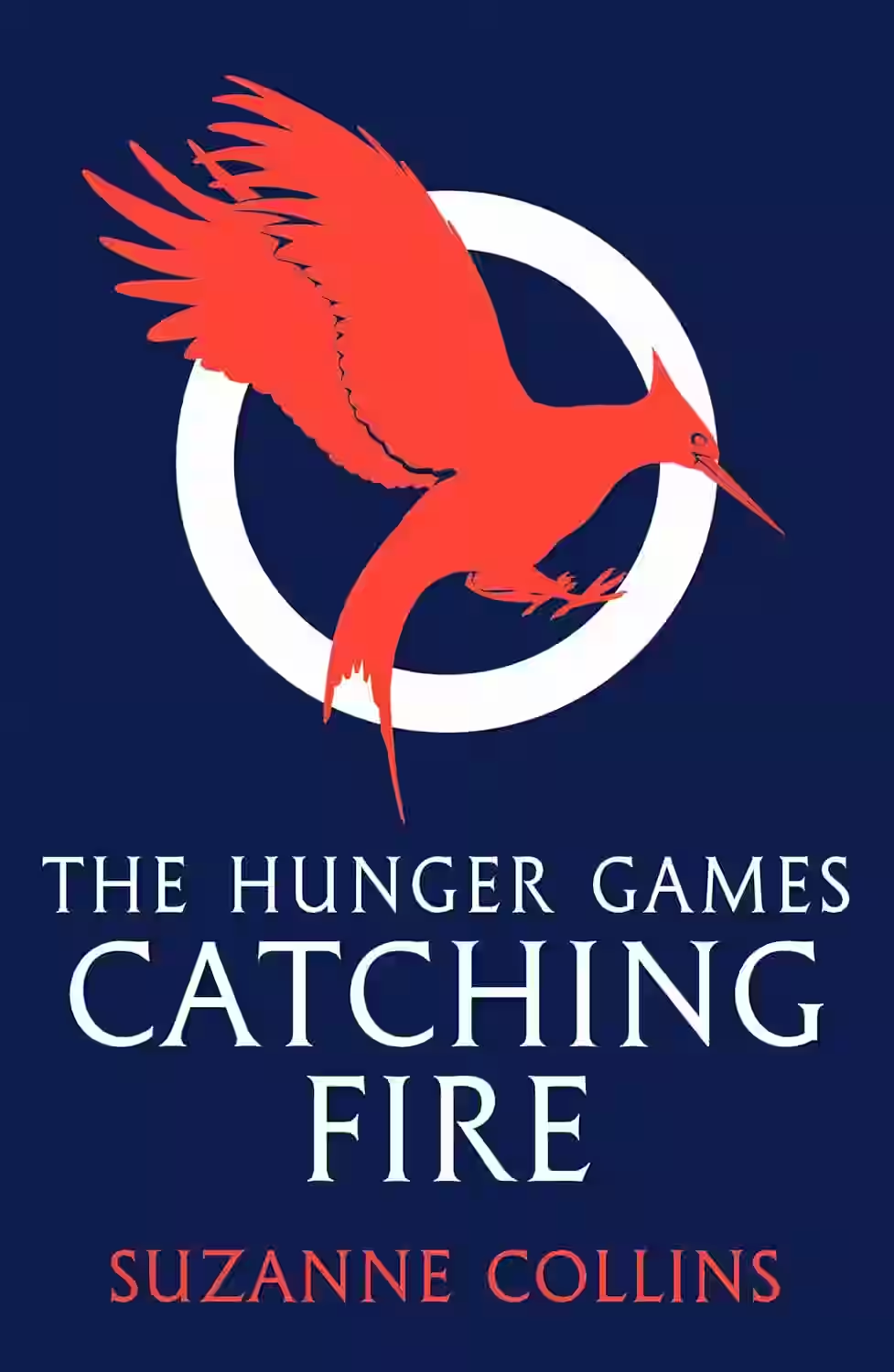
Catching Fire
Series: The Hunger Games (#2)
In 'Catching Fire' by Suzanne Collins, the second installment of the Hunger Games trilogy, readers are once again transported to the dystopian world of Panem. The story follows Katniss Everdeen after her victory in the brutal Hunger Games as she unwittingly becomes a symbol of rebellion against the oppressive Capitol. Faced with the consequences of her defiance, Katniss must navigate a dangerous new arena in the Quarter Quell, where the stakes are higher and the challenges more treacherous. Collins expertly weaves themes of survival, sacrifice, and political intrigue into a gripping narrative that keeps readers on the edge of their seats.
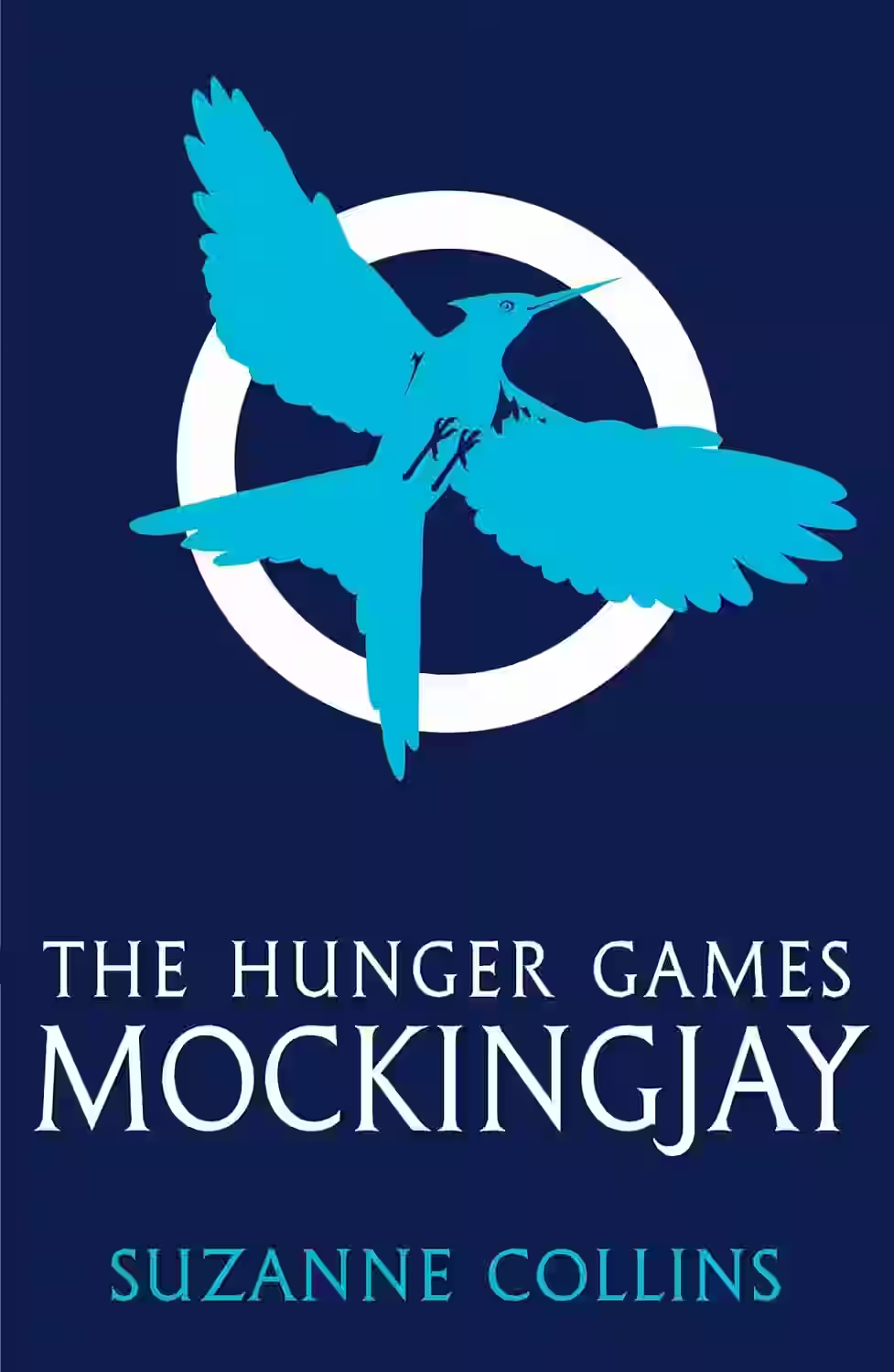
Mockingjay
Series: The Hunger Games (#3)
In 'Mockingjay' by Suzan Collins, the epic conclusion to the Hunger Games trilogy, Katniss Everdeen finds herself at the center of a rebellion against the Capitol. As she grapples with her role as the symbol of the revolution, she must navigate a world of deceit, manipulation, and sacrifice. The story delves into themes of power, propaganda, and the personal cost of war, creating a gripping narrative full of twists and turns. Collins masterfully weaves together action-packed sequences with moments of introspection, showcasing the complexity of Katniss's character. 'Mockingjay' is a poignant and thought-provoking finale that will leave readers reflecting on its themes long after the last page.
Similar Books
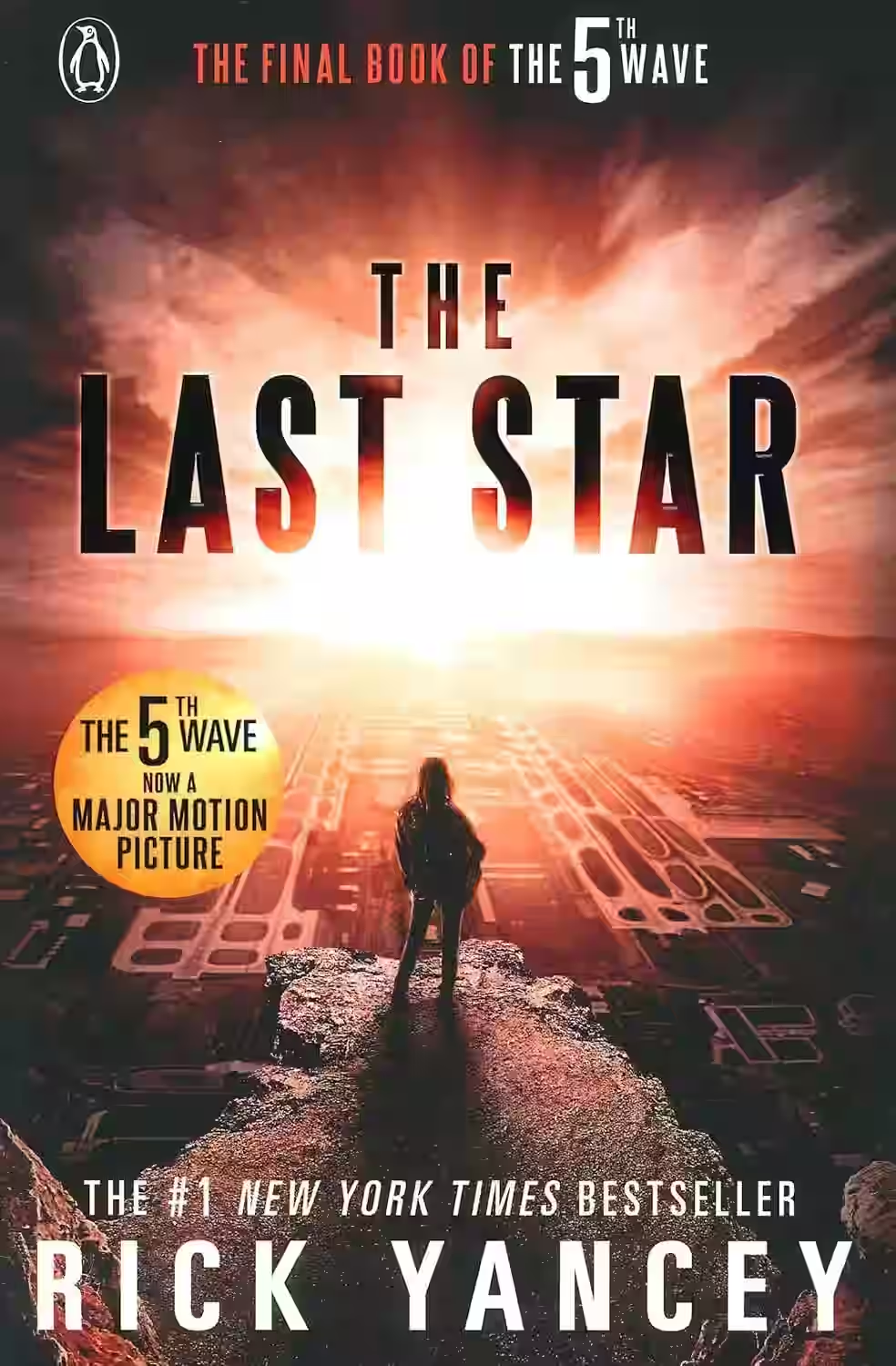
The Last Star
by Rick Yancey
Series: The 5th Wave (#3)
In 'The Last Star,' the gripping finale to Rick Yancey’s The 5th Wave series, readers are thrown headlong into a chaotic world on the brink of extinction. The story unfolds with an intense battle against the alien invaders who have orchestrated Earth's devastation through a series of calculated waves. Protagonists Cassie, Ben, and Ringer face their toughest challenges yet as hope wanes and their world crumbles. Themes of trust, survival, and the essence of humanity are explored as the remnants of society struggle to retain their humanity in the face of existential threats. Yancey's vivid writing keeps the stakes high, leading to a conclusion that questions the cost of survival. The book provides a heart-pounding ride, combining action, emotion, and philosophical inquiry into what it means to be human.
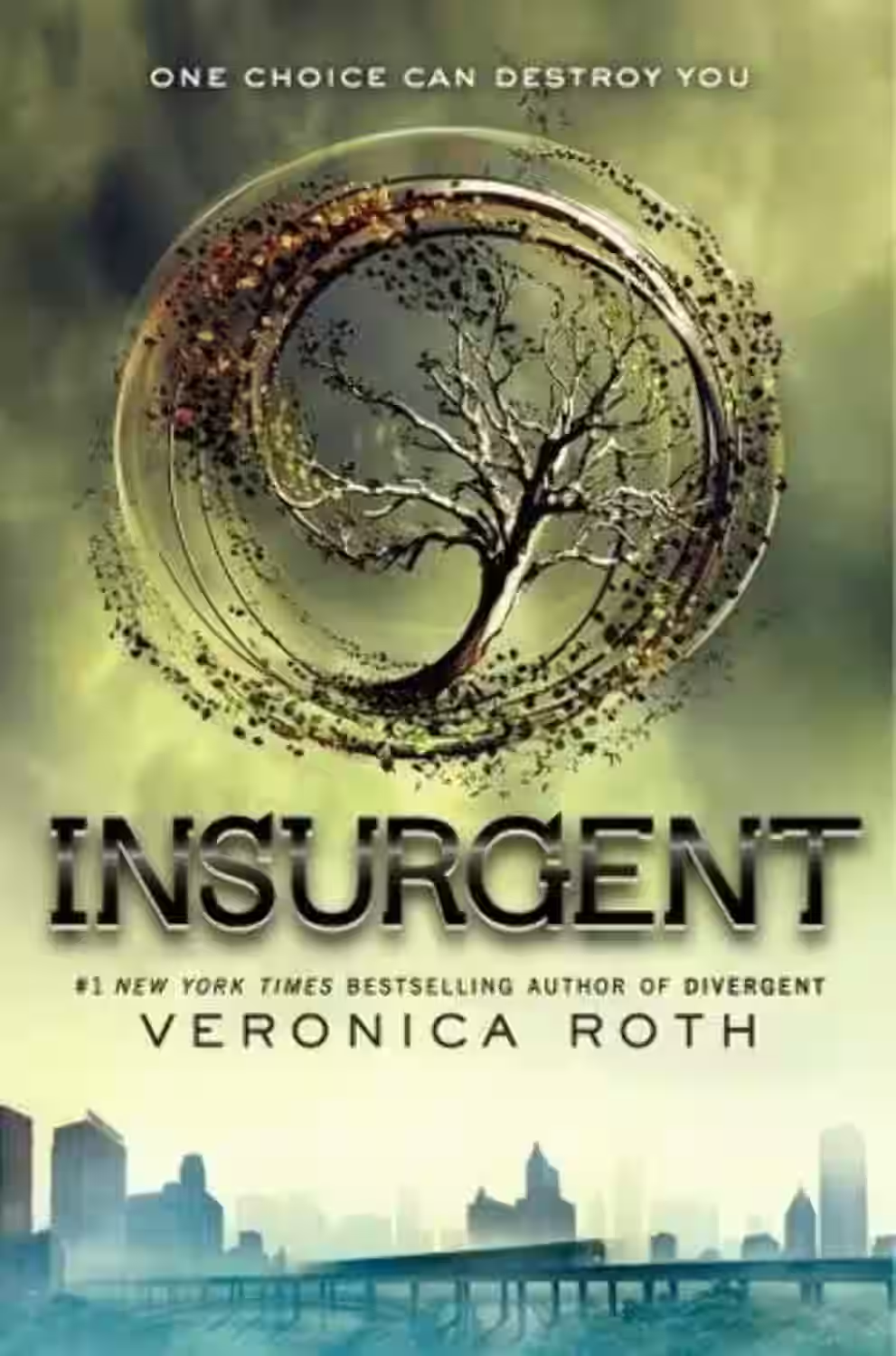
Insurgent
Series: Divergent (#2)
In 'Insurgent,' Veronica Roth continues the thrilling narrative of her dystopian world where society is divided into factions based on human virtues. Following the events of 'Divergent,' protagonist Tris Prior faces increasing political tensions and complex moral dilemmas. As she navigates dangerous alliances and unearths secrets that could alter her world forever, Tris is propelled into a quest for truth and survival. The book explores themes of power, identity, and sacrifice, blending high-stakes action with deep emotional conflict. Through Tris’s journey, Roth delves into questions about personal choice and societal responsibility, maintaining a gripping pace that captivates readers and deepens the series' overarching plot.

Extras
Series: Uglies (#4)
Scott Westerfeld's 'Extras' is a compelling continuation of his acclaimed Uglies series, set in a future where fame and appearances dominate society's hierarchy. This standalone novel introduces Aya Fuse, a 15-year-old who lives in a world where social standing is determined by one's popularity and media buzz. As she navigates this fame-driven environment, Aya stumbles upon a secret that could shake the foundations of her superficial society. Tackling themes of identity, societal pressure, and the power of media, Westerfeld crafts a thrilling narrative that simultaneously critiques celebrity culture and explores the human desire for recognition. 'Extras' is a thought-provoking adventure that will resonate with young adult readers interested in futuristic worlds and social dynamics.
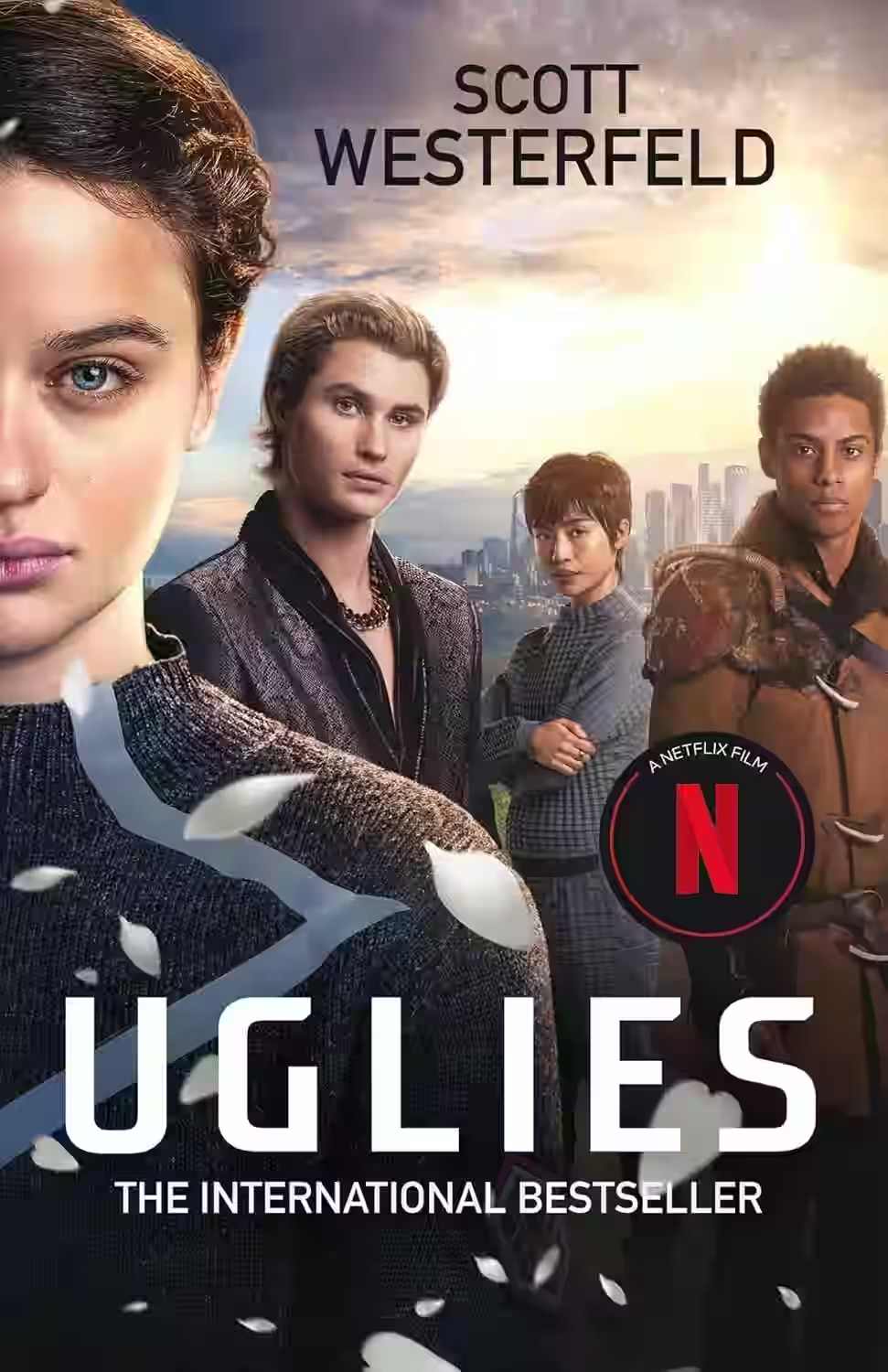
Uglies
Series: Uglies (#1)
In Scott Westerfeld's dystopian novel 'Uglies', readers are transported to a future world where physical beauty is mandated by society. At the age of sixteen, citizens undergo compulsory cosmetic surgery to transform from 'Uglies' to 'Pretties'. The story follows Tally Youngblood, who is on the brink of her transformation, but her world is turned upside down when she meets a rebellious friend, Shay, who questions the societal norms. Themes of identity, conformity, and the nature of beauty are skillfully explored as Tally embarks on a journey that challenges her understanding of reality. Westerfeld's book offers sharp social commentary, action-packed sequences, and believable character development, making it an engaging read that probes thought-provoking issues pertinent to both adolescents and adults. 'Uglies' evokes reflection on the pressure for aesthetic perfection and the loss of individuality, resonating deeply with its readers and sparking conversations about modern beauty standards.